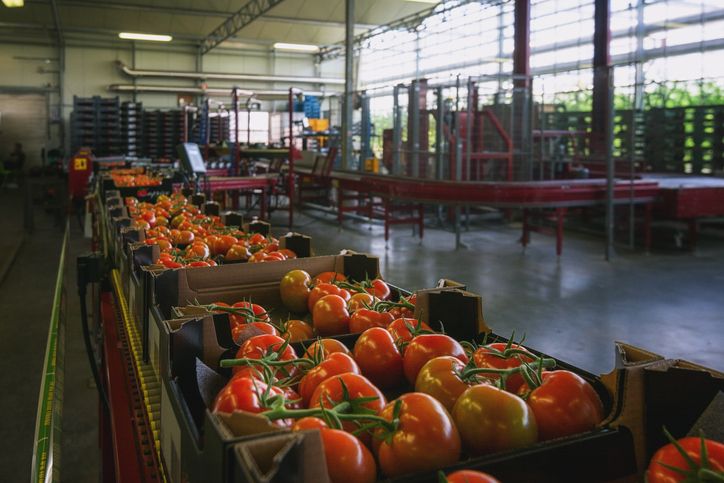One of the biggest takeaways from Covid-19 is the fragility of our supply chains, particularly in the food system. For some of the more antiquated segments of agriculture like produce, the pandemic has created an opportunity to reconsider and accelerate tech adoption. Fortunately, a number of startups are waiting in the wings to help producers, suppliers, and buyers digitalize.
Among them is Heber City, Utah-based Fusionware.
“The pandemic was a little nerve-wracking for about four to six weeks because we just didn’t know where it was going to go.” Fusionware chief technology officer Creg Fielding told AFN.
“But then it just took off and 2020 turned out to be a pretty good year for us.”
The startup was recently acquired by AgTech.io, which is owned and managed by Iowan investment firm C9 Capital, for an undisclosed amount.
Launched in 2016, Fusionware offers supply chain monitoring software that tracks produce from seed to shelf using blockchain technology. It claims it can trace a commodity back to the parent generation of the seed, and offers real-time data to a variety of stakeholders throughout the produce supply chain.
Fusionware has been working off the radar to test its service with growers, packers, shippers, and processors of various sizes in the US and abroad. It claims to work with some of the largest names in the produce industry, including major potato grower Black Gold Farms.
While major retailers have typically opted to buy such software from larger vendors, Fusionware is targeting smaller companies — often suppliers to these retailers — “who wouldn’t have the bandwidth to achieve the same level of traceability,” Fielding said.
“[They] now have the ability to sell into these major retailer markets and satisfy all the regulatory requirements. The smaller producers won’t get squeezed out and will be able to thrive.”
The C9 acquisition couldn’t have come at a better time, he added, as the Fusionware team was “bootstrapping heavily” and experiencing a fair amount of burnout.
“I was losing sleep every night because I know that we were missing opportunities that we just didn’t have the bandwidth [for]. With this capitalization, it’s helped us get above that fray and become a lot more strategic.”
Digitalizing the produce supply chain
The produce supply chain has been a major target for entrepreneurs and innovators, particularly with regards to traceability and food waste reduction. But considering that US produce sales at supermarkets totaled $60.8 billion in 2018 alone, the handful of startups working on this issue is a relative drop in the ocean.
“I still think that we’re in the early days and that the transition to digitalization is happening. Most of the large players have already embraced technology to some level,” Fielding said.
“But [for] the small to medium-sized companies just haven’t had the wherewithal or the requirements around digitizing information – we’re still running into spreadsheet hell everywhere we go.”
By ‘spreadsheet hell,’ Fielding means the tendency for produce players to use relatively antiquated means to track their operations. Some people are even writing inventory information down on paper and taping it to pallets, he said.
Price constraints have been one of the biggest barriers to adoption in Fielding’s view. Some services that Fusionware competes against charge six figures up front just to get their solution up and running, he said.
Despite the enormity of the industry and the adoption challenges it faces, Fielding remains optimistic.
“It’s not going to happen quickly, but in a three to five-year period. Things like government regulations and food safety traceability are causing a movement to happen,” he said.
“We’re also seeing a changing of the guard where a lot of these individuals who are running the farm are from a generation that demands better tool sets, better technology, and better information at their fingertips. A lot of the new generation is rejecting the spreadsheets and saying there’s got to be an easier way.”
Scott Mikkelsen, CEO and managing director at C9 Capital, said in a statement that his firm is “extremely bullish on the opportunity for Fusionware.”
“The growth capital we are providing will allow Fusionware to expand into adjacent food markets, which include, dairy, meat and seafood,” he added.





